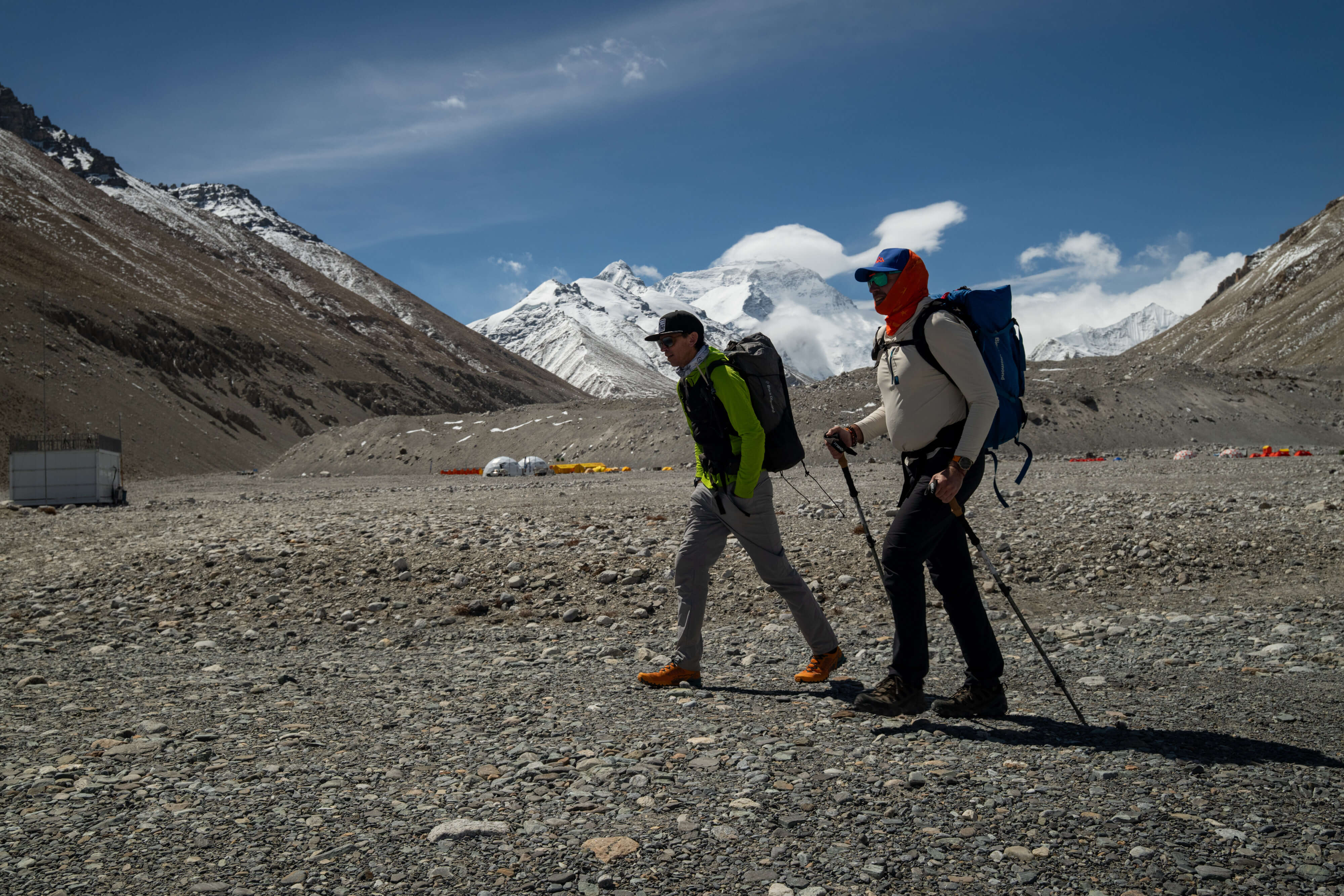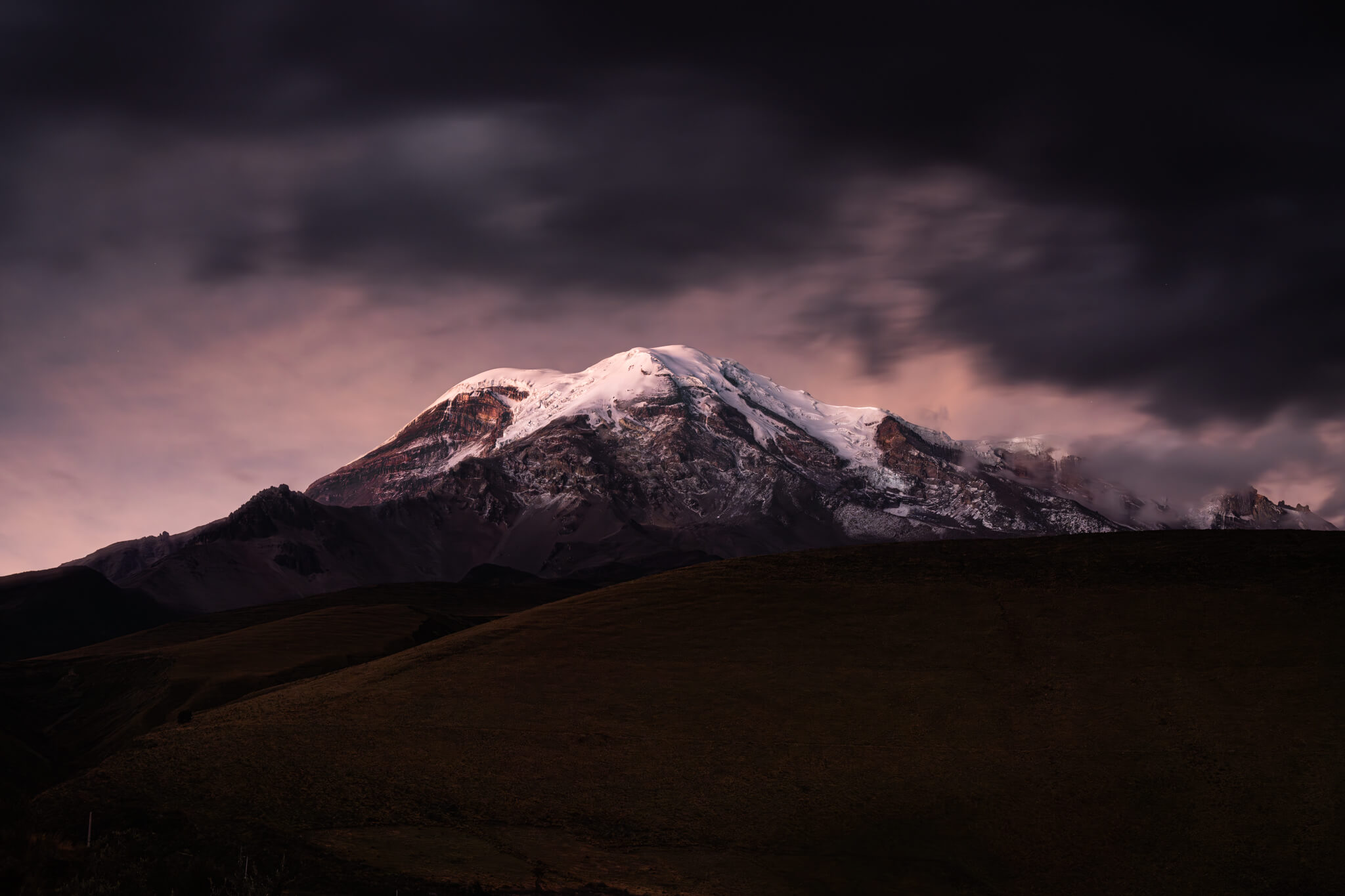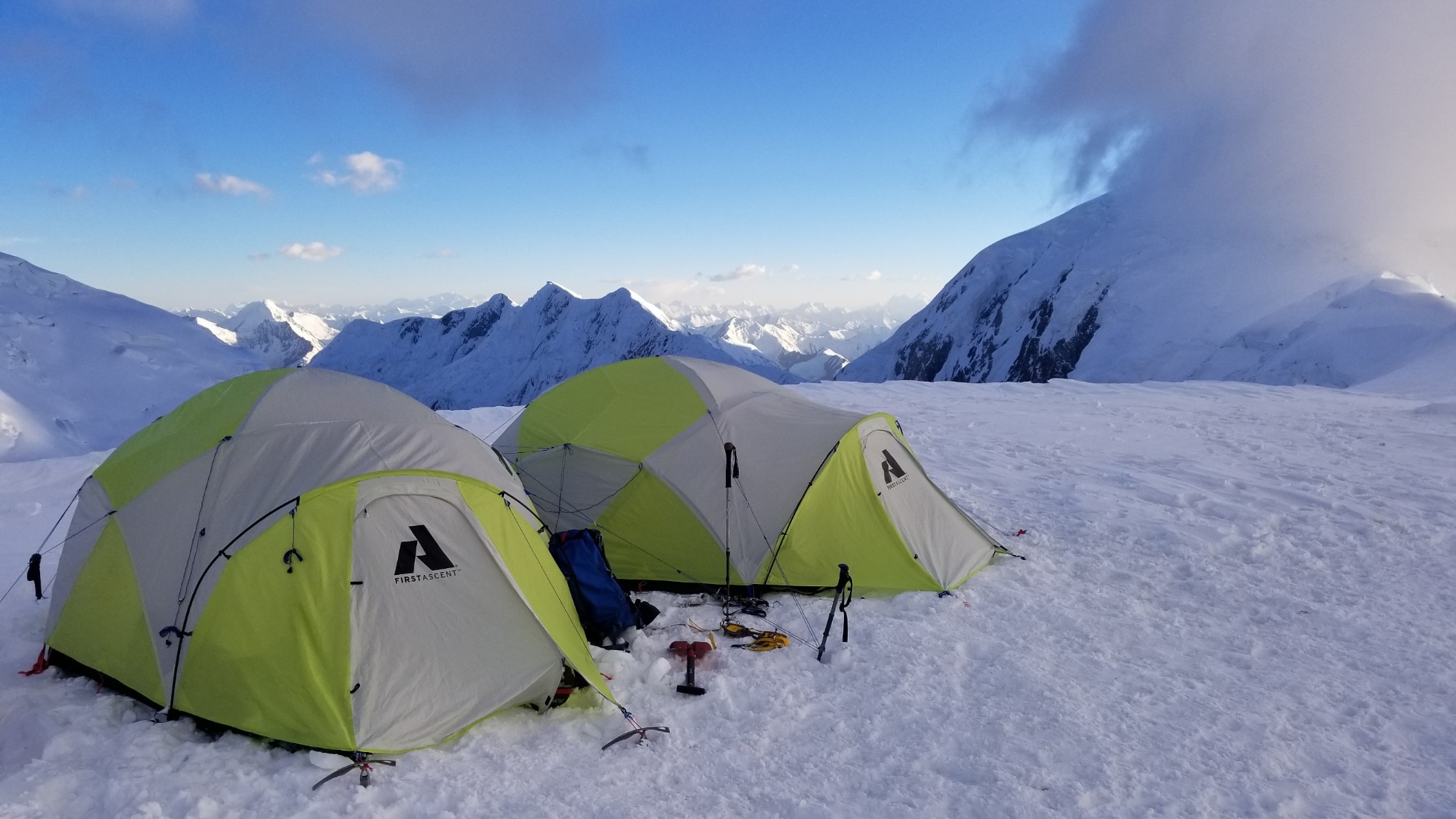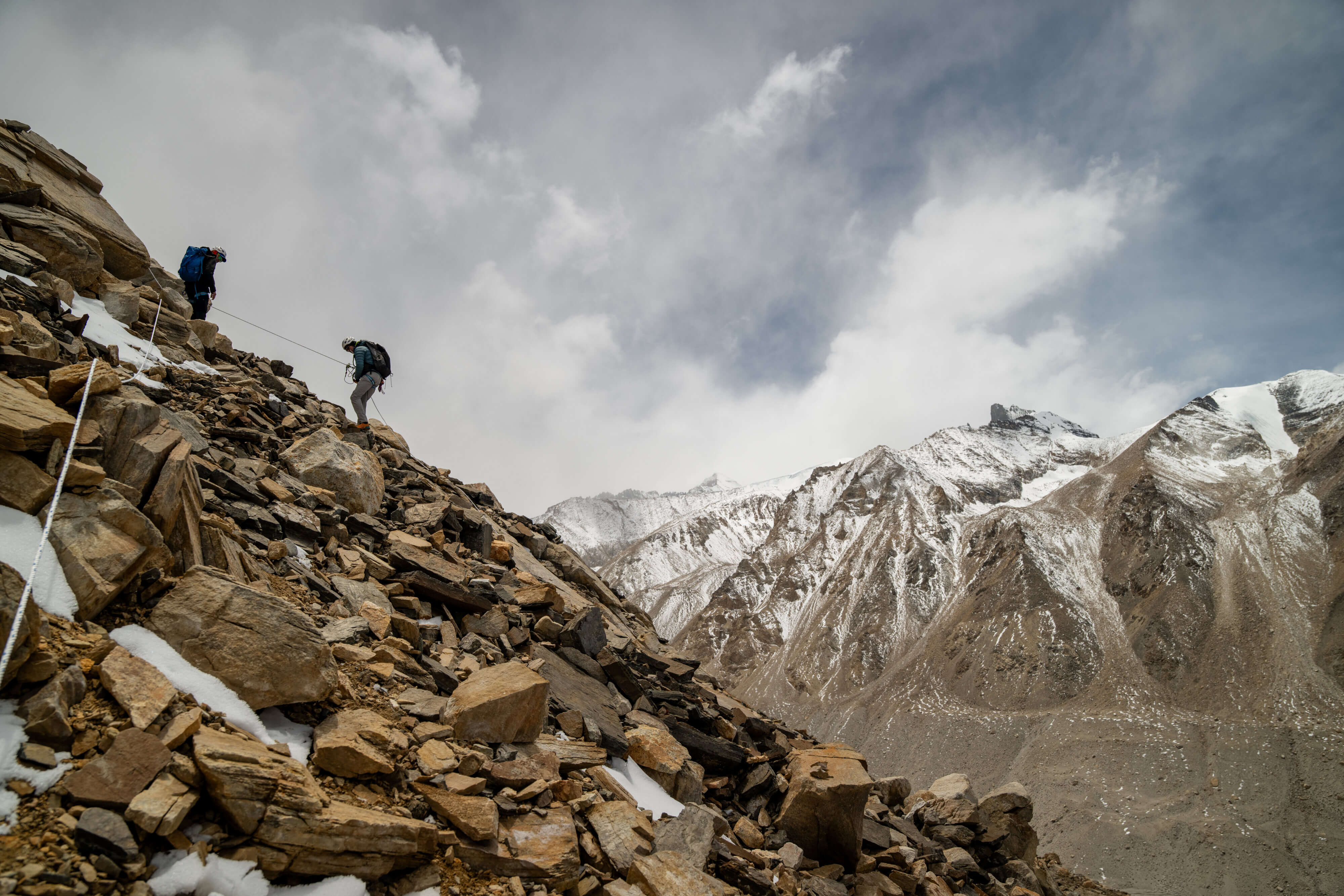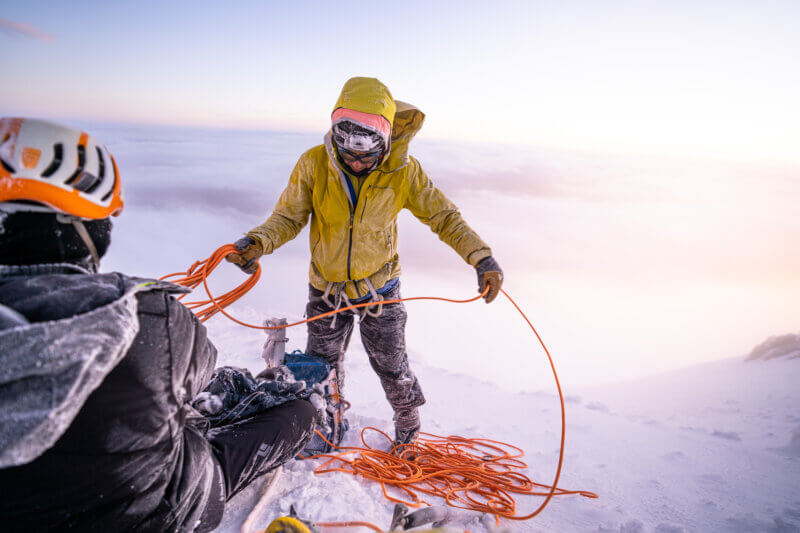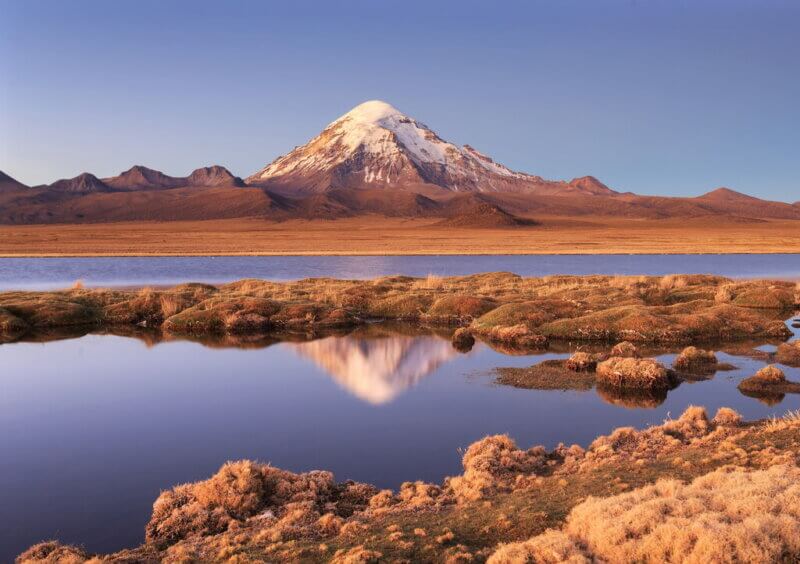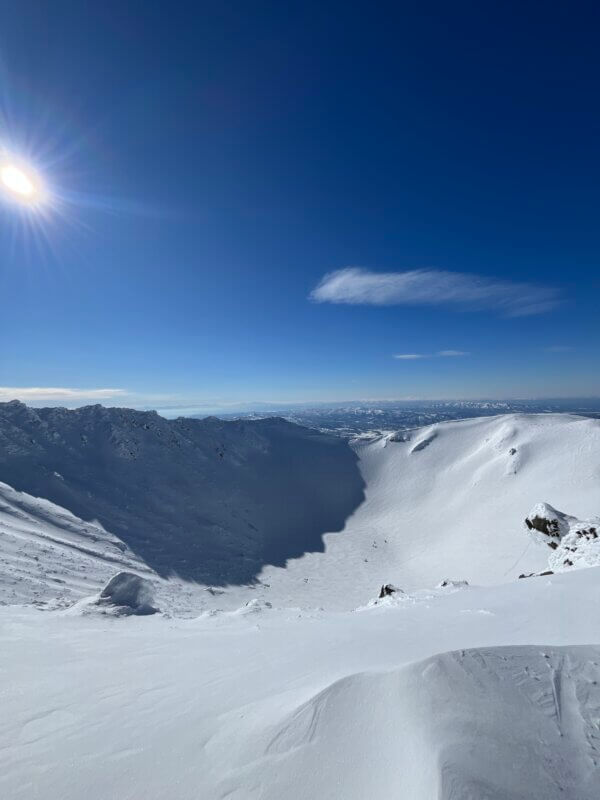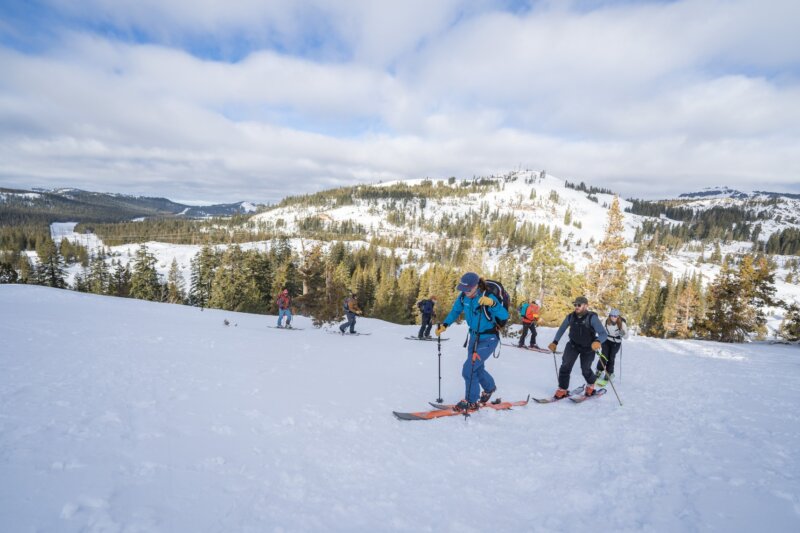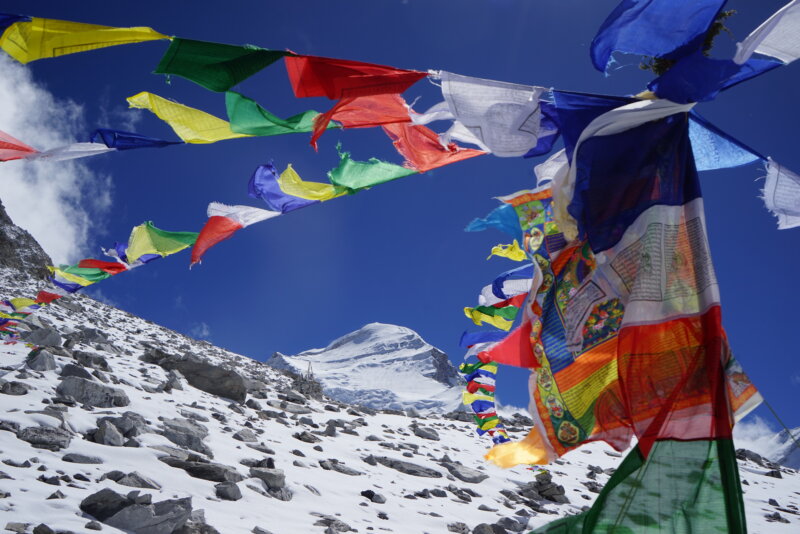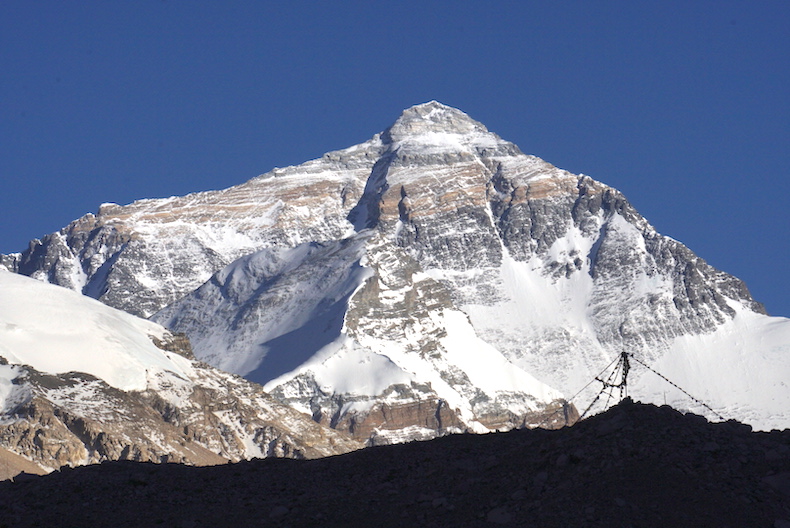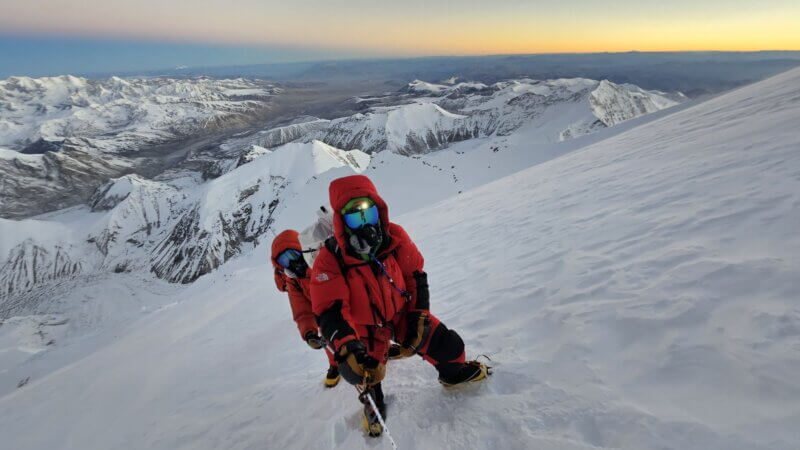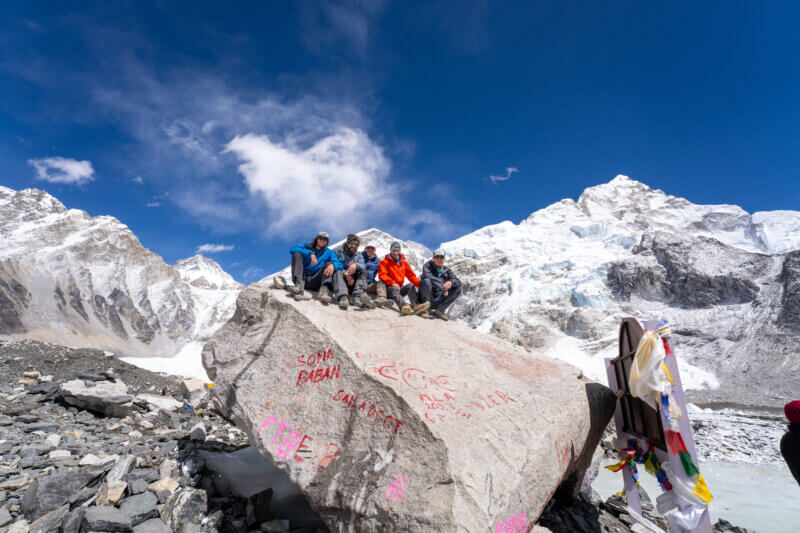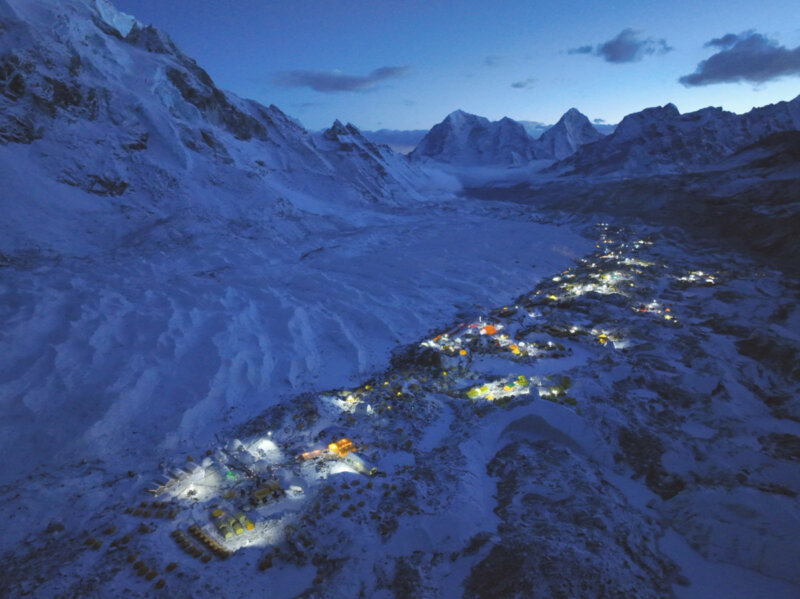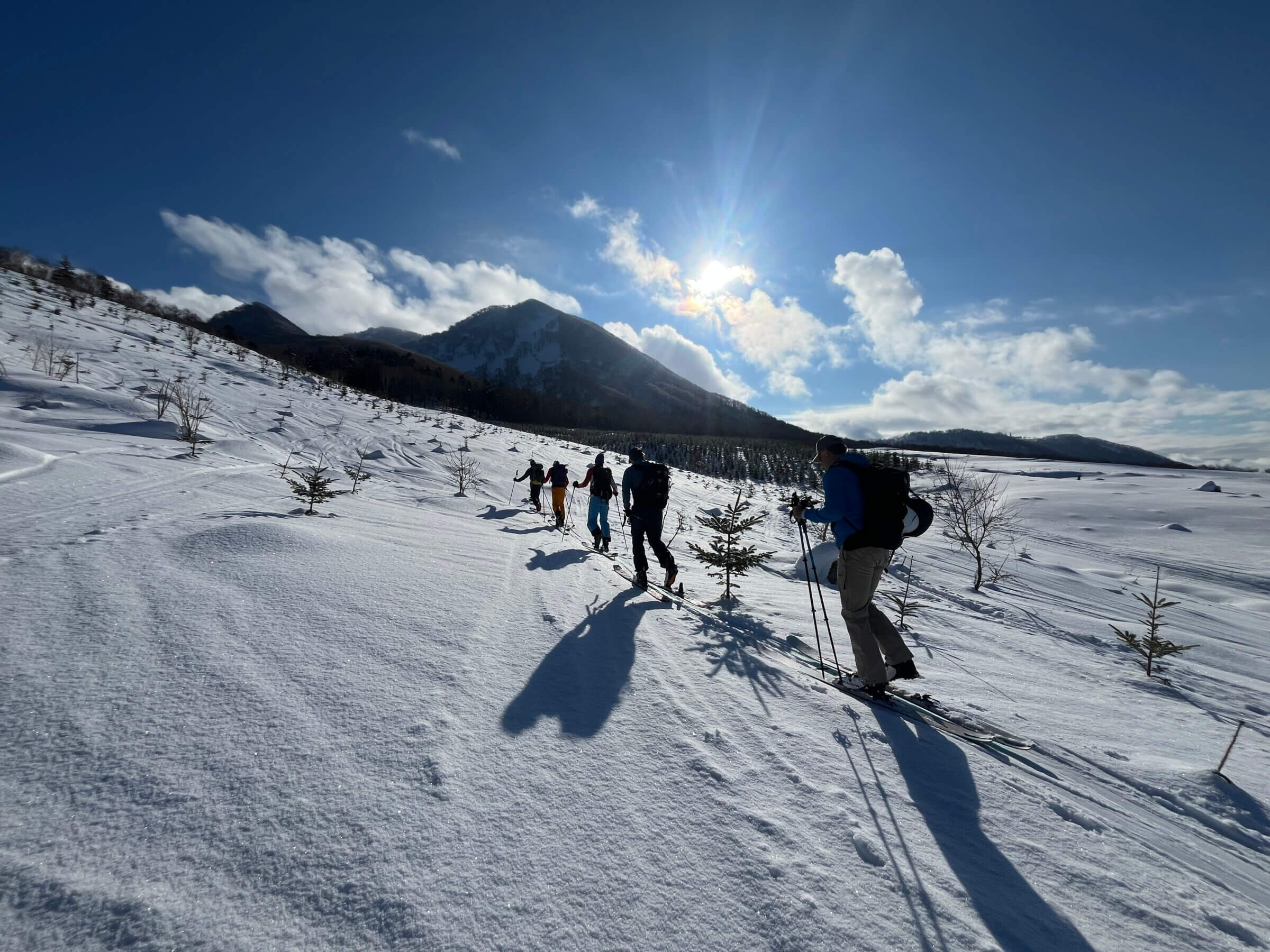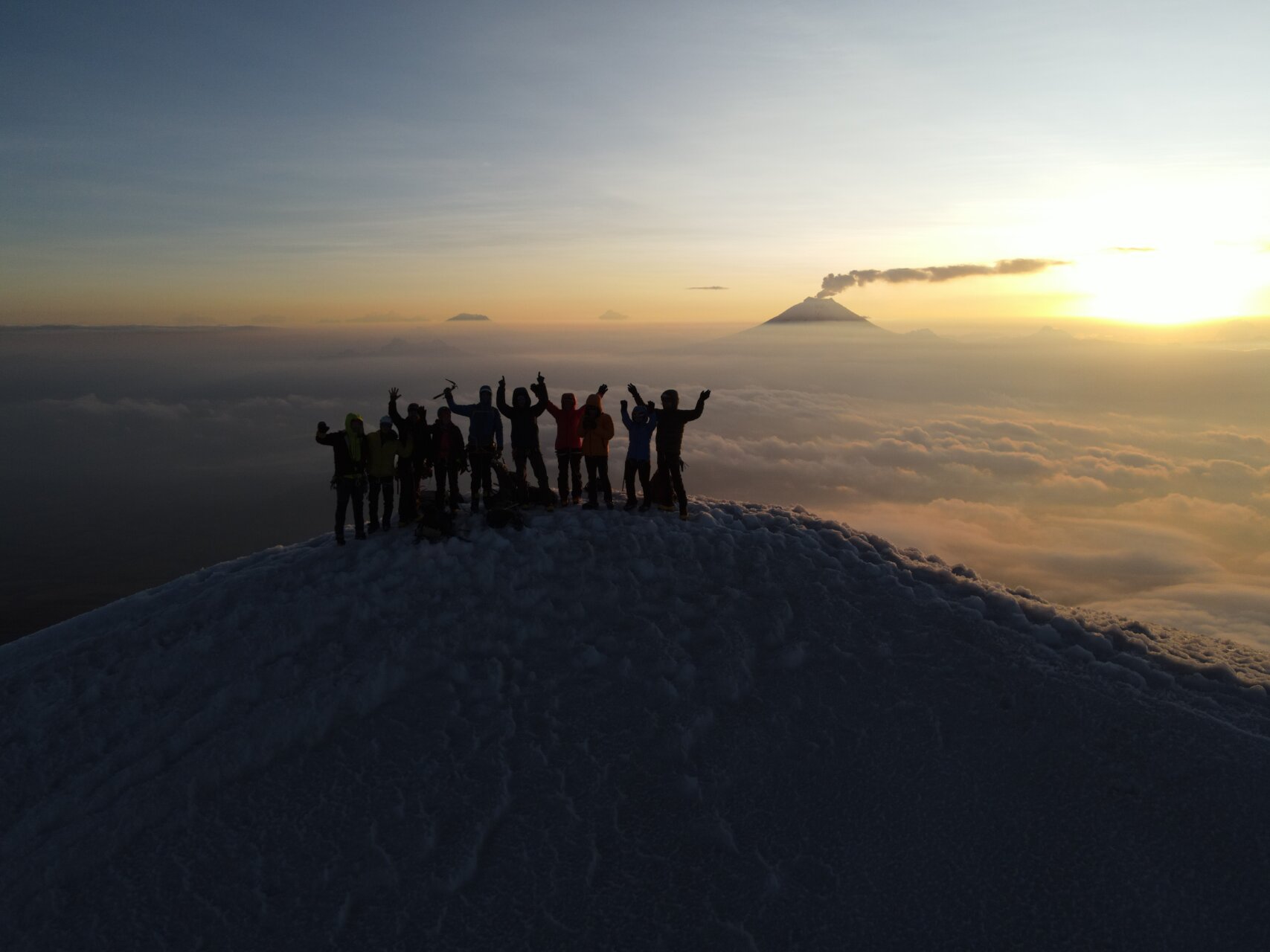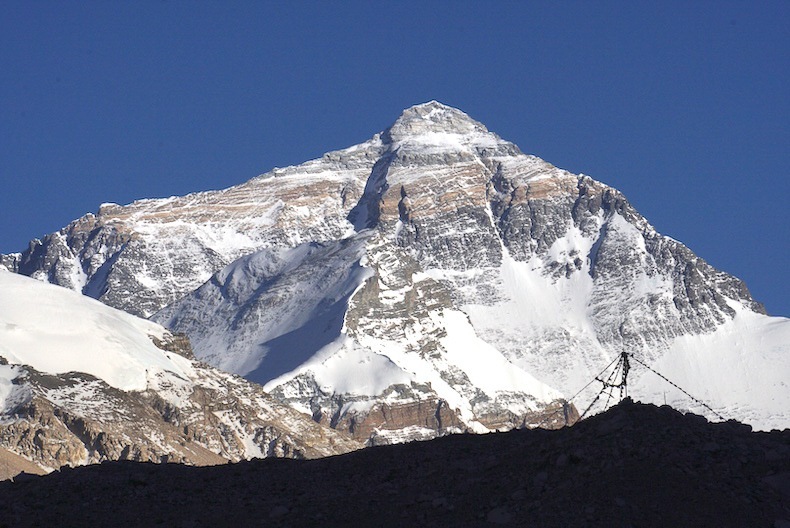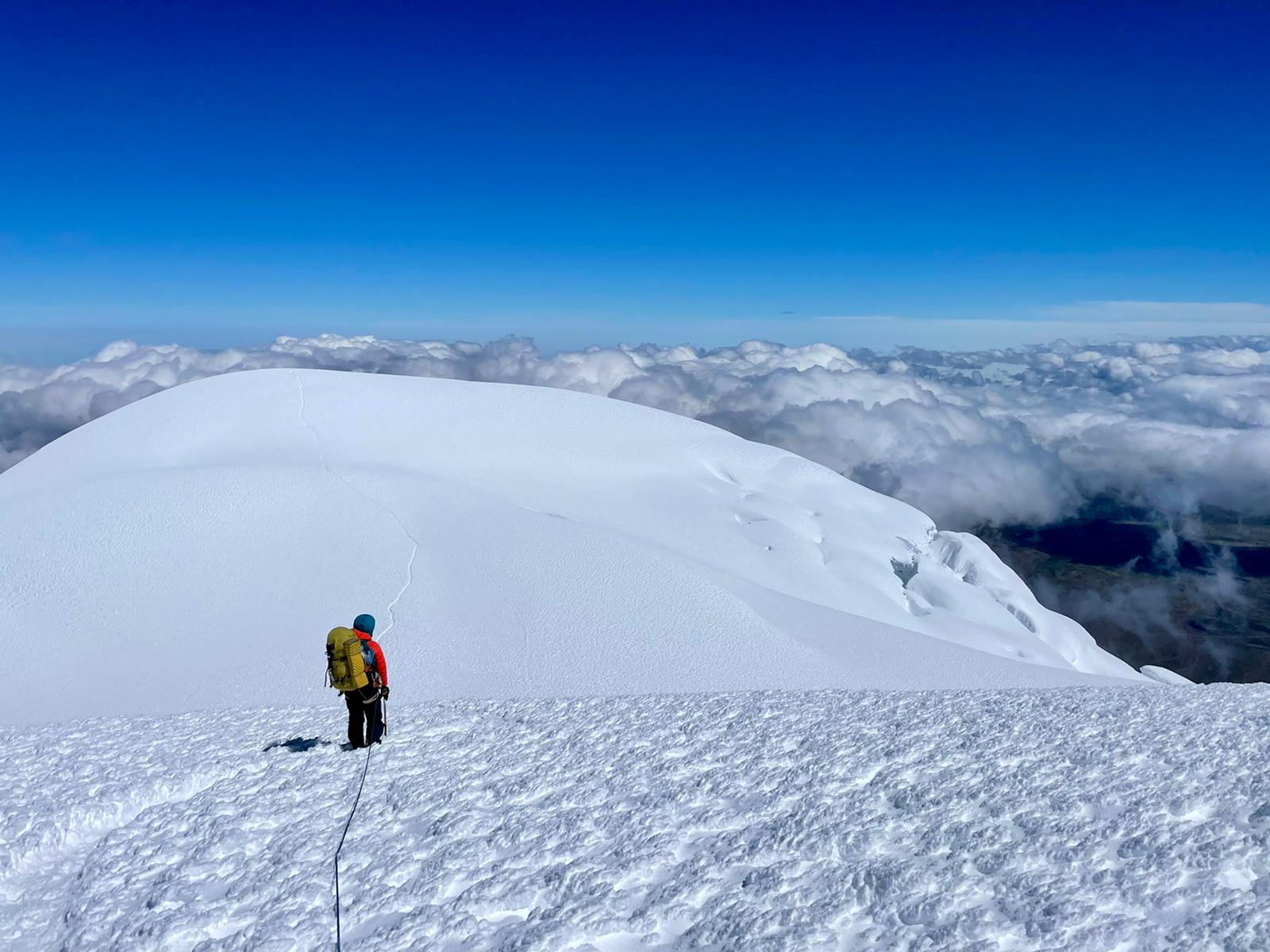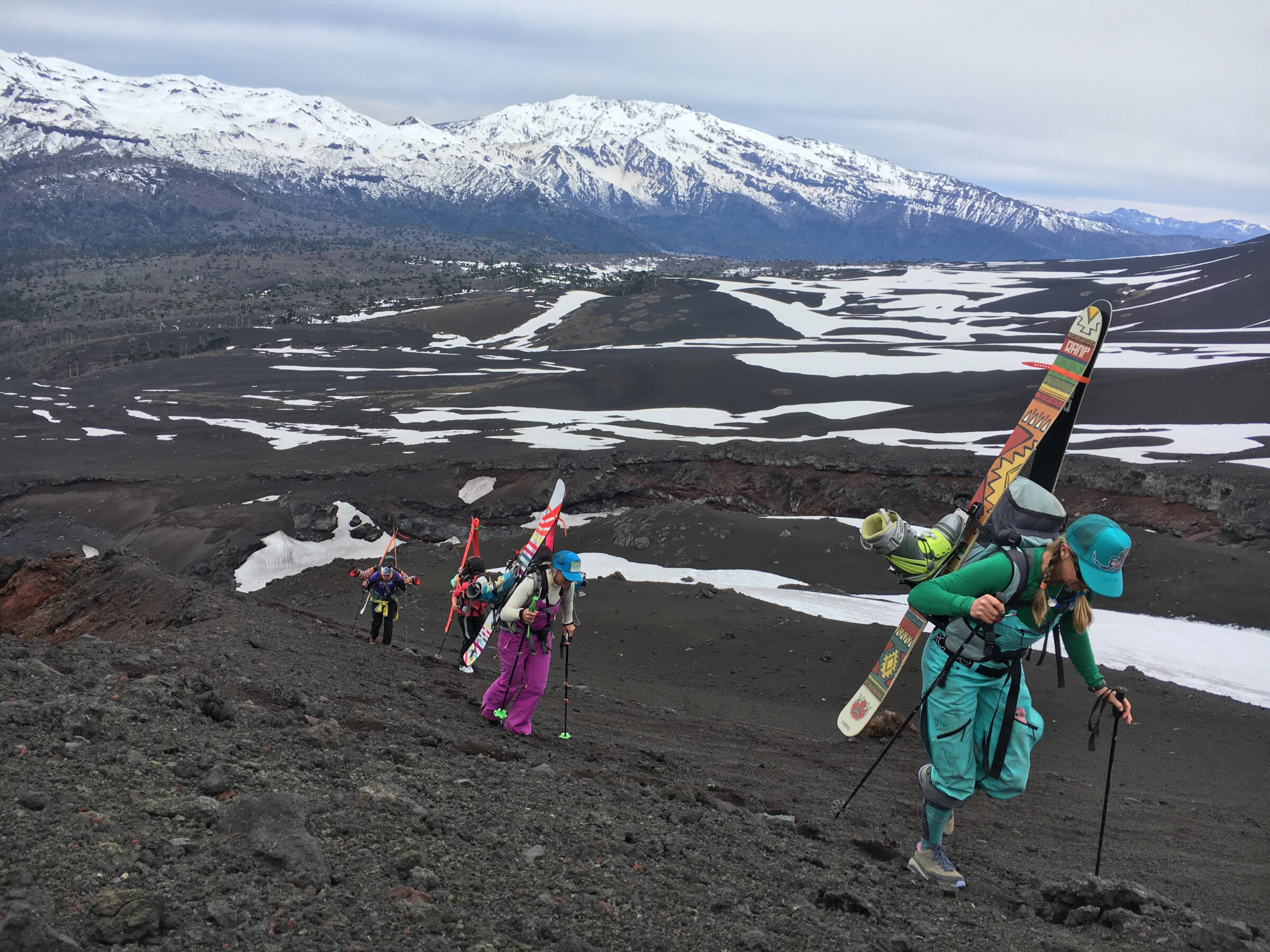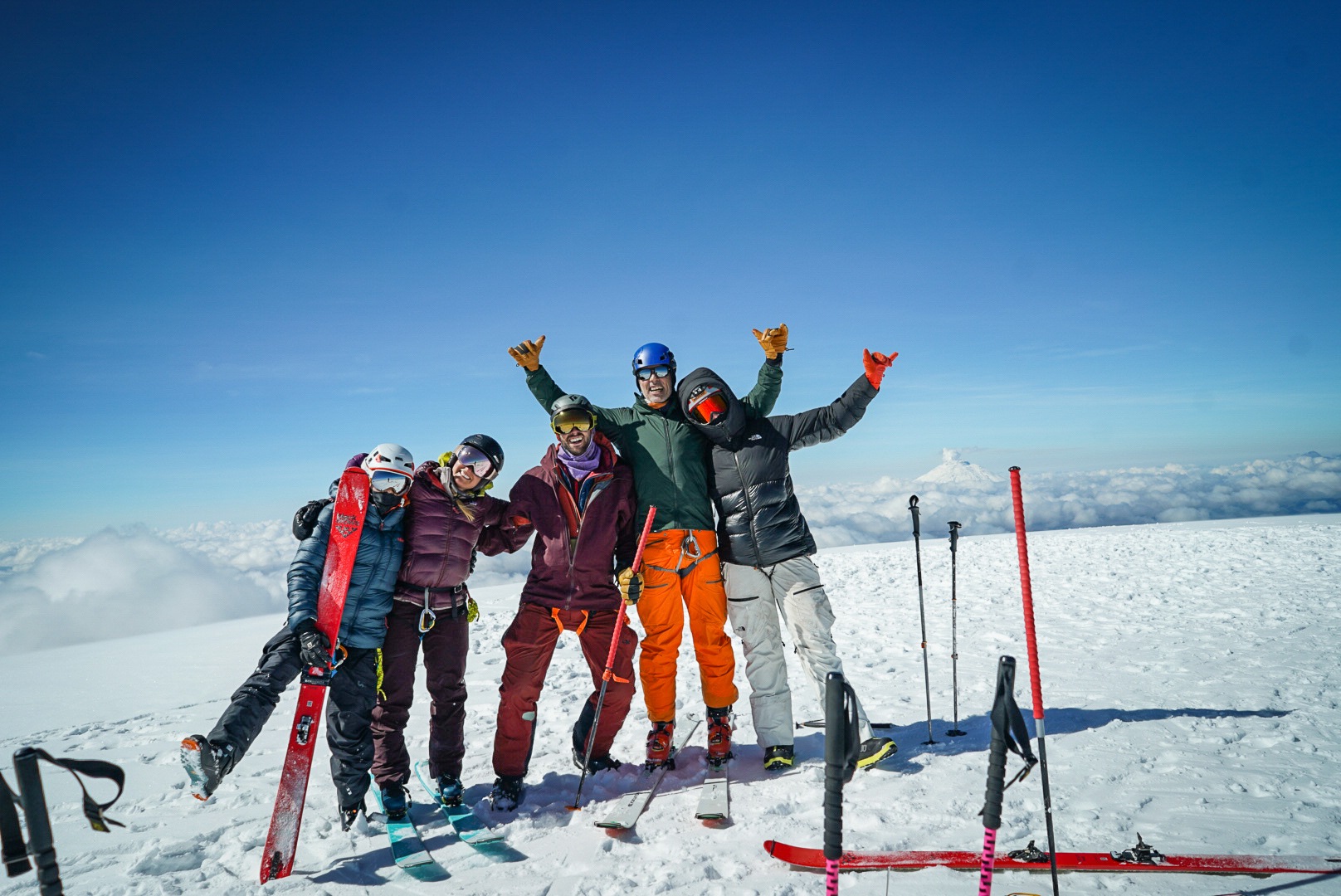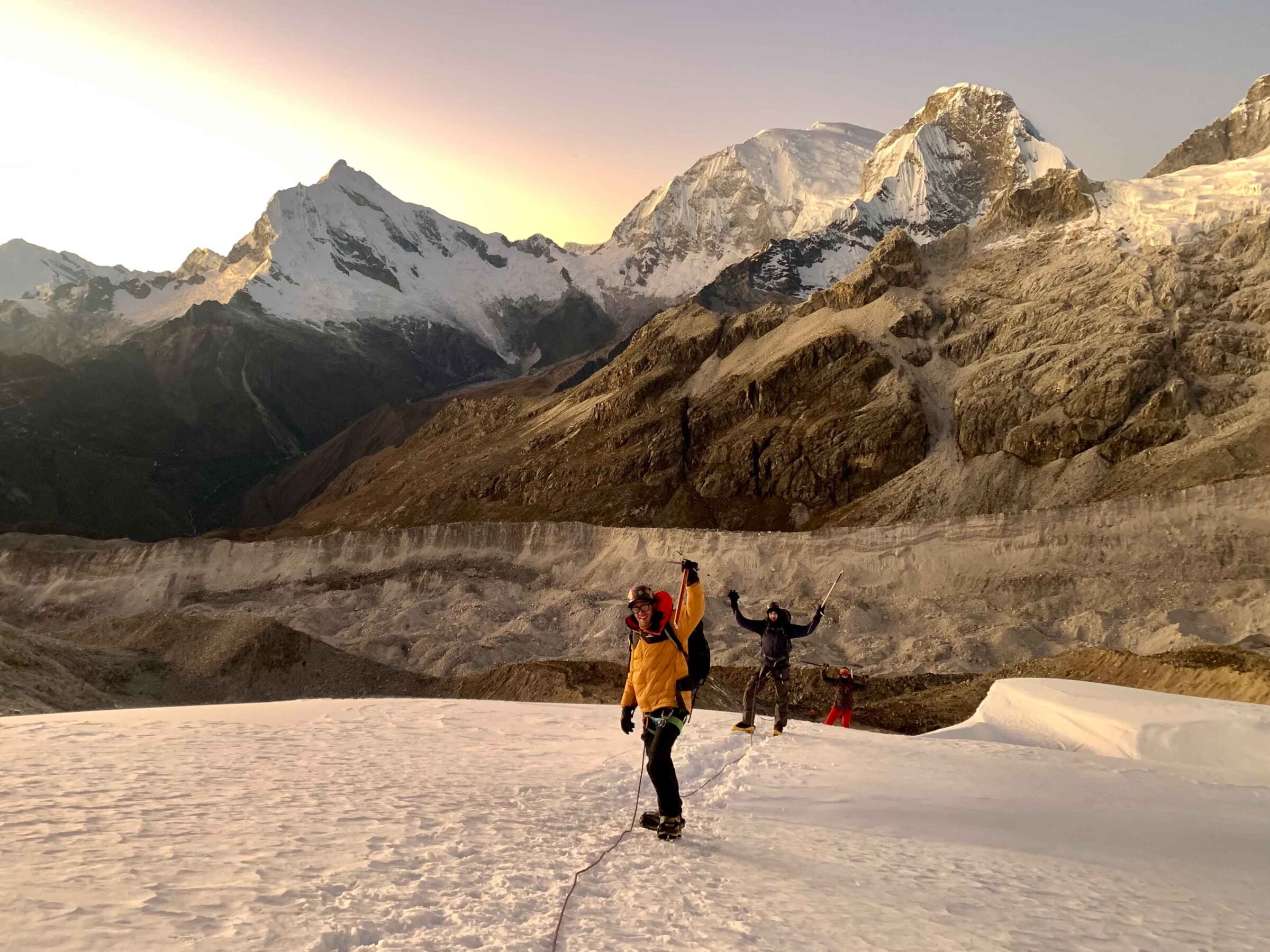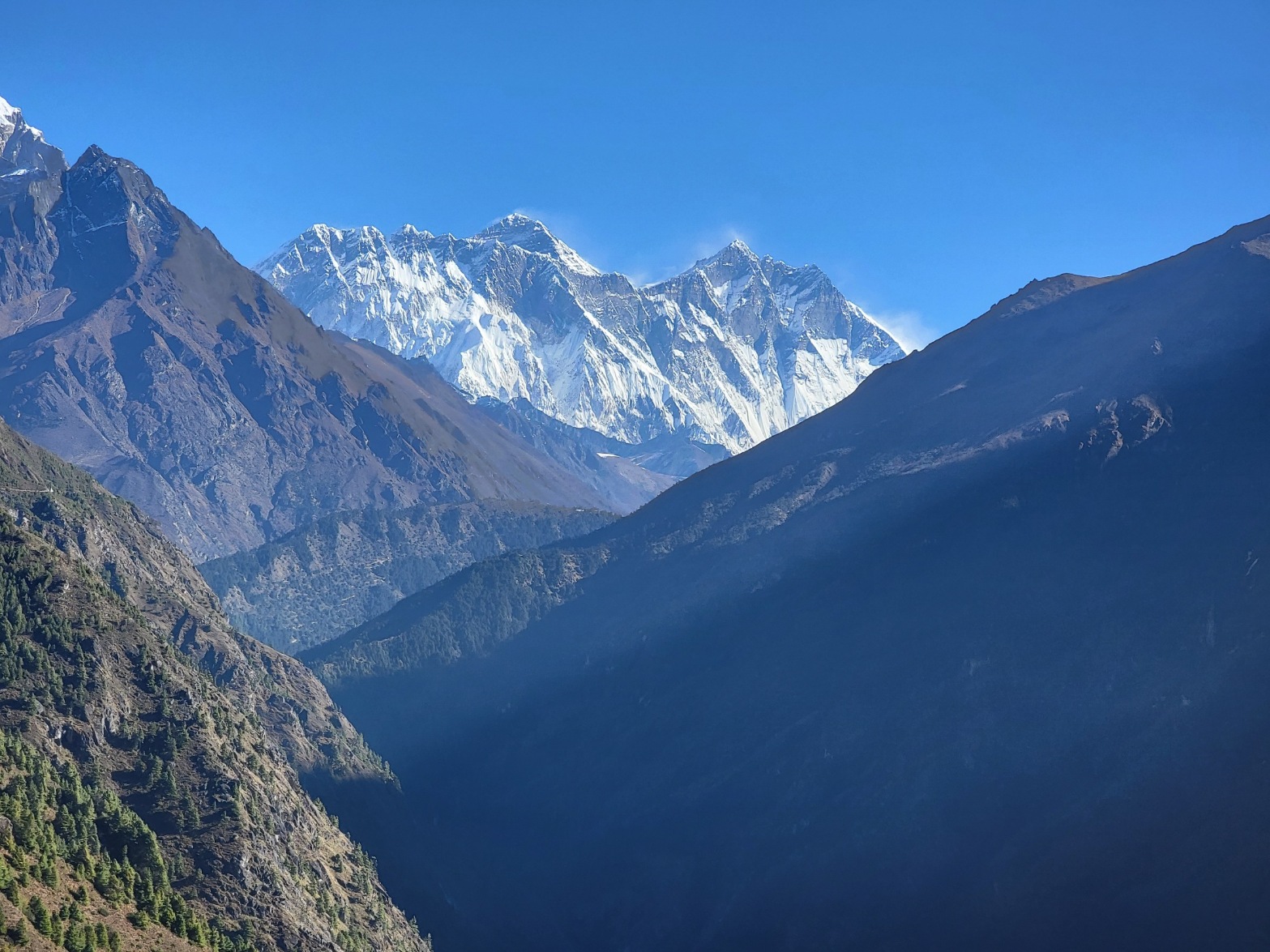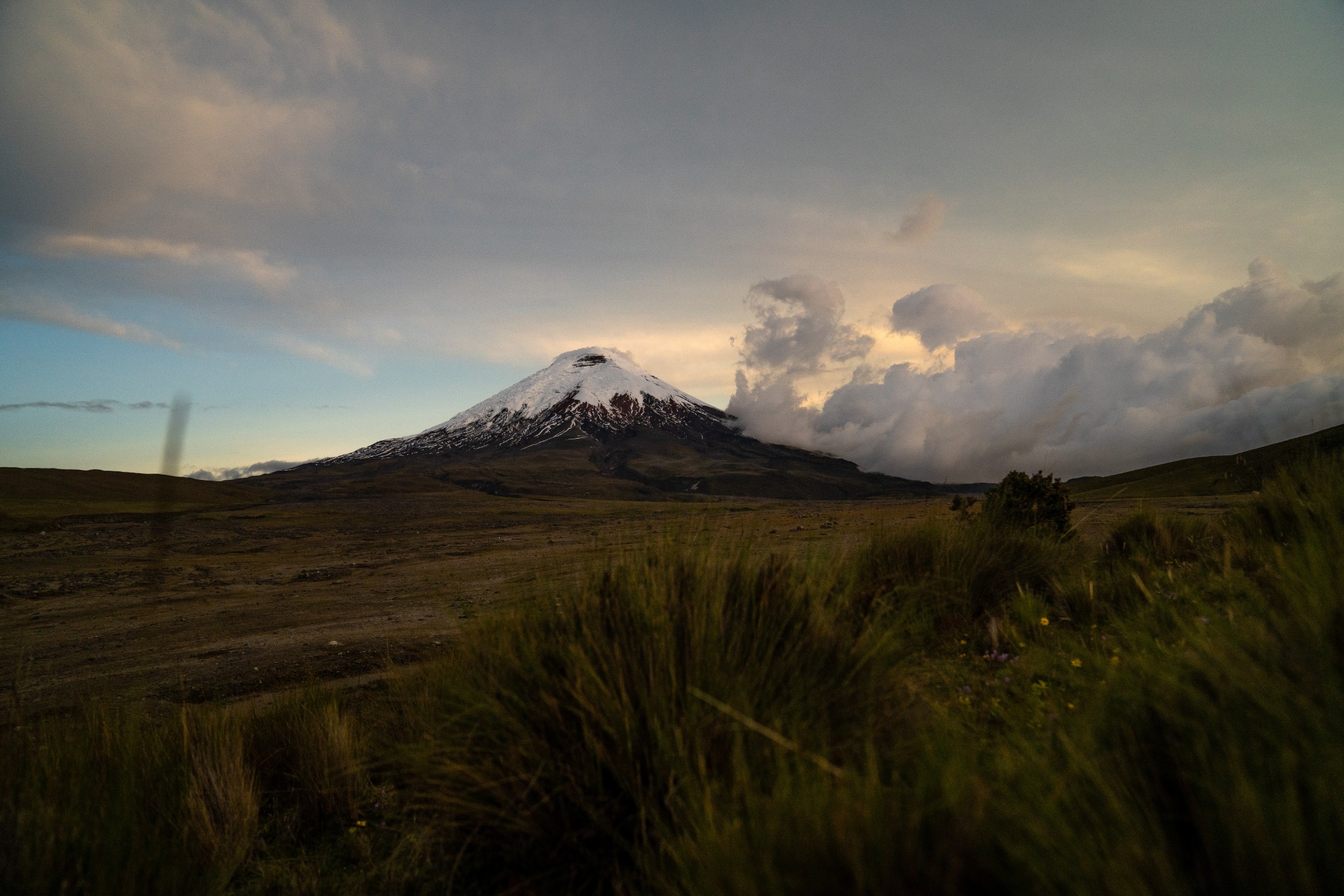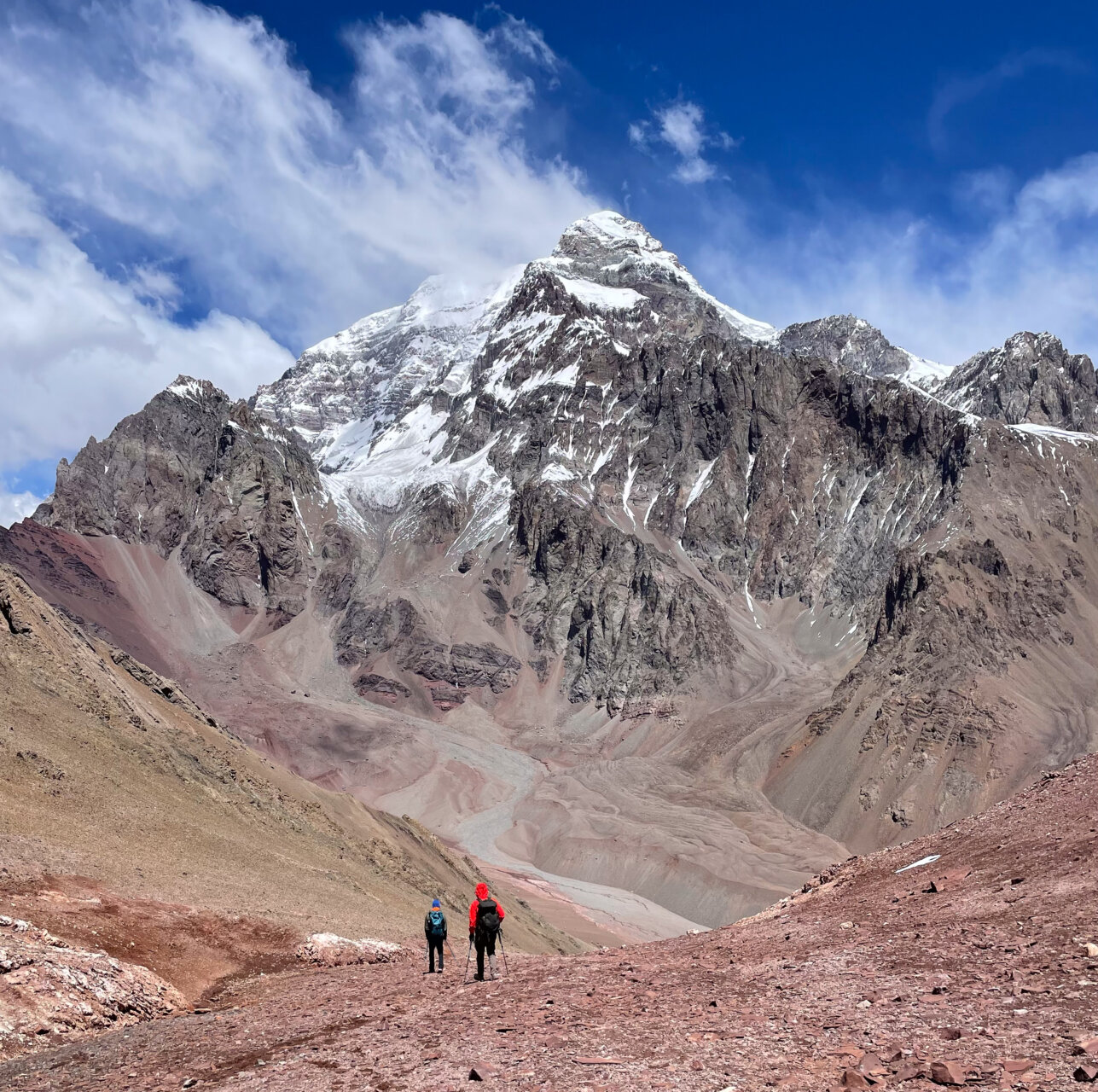How to Climb Mt. Everest
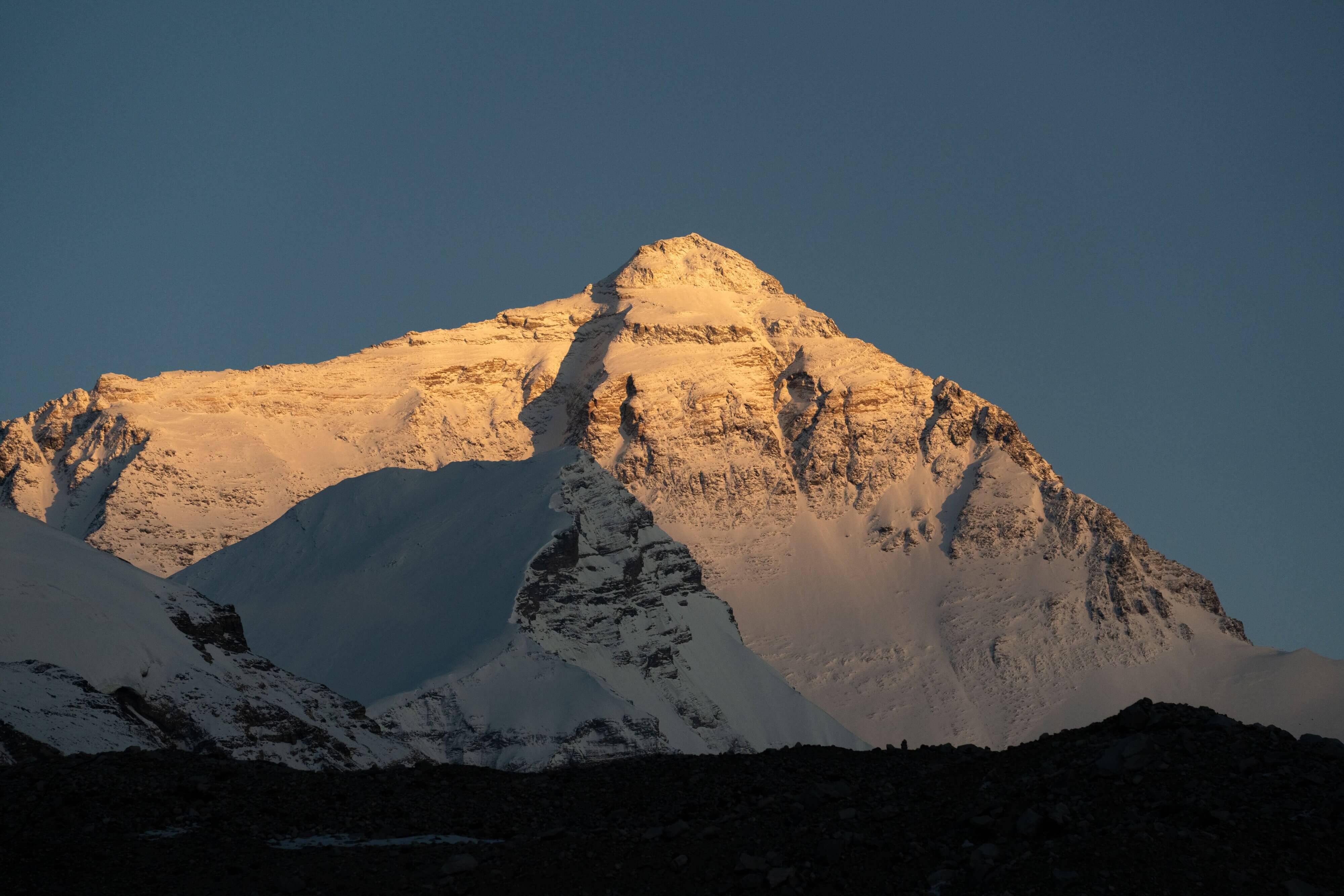
How to Climb Everest: Our 5-Step Progression
Climbing Everest doesn’t start in the Himalaya. It starts with basic skills, local mountains, and building experience one step at a time. If you’re asking how to climb Everest the right way — safely, successfully, and confidently — this is the path we recommend.
⸻
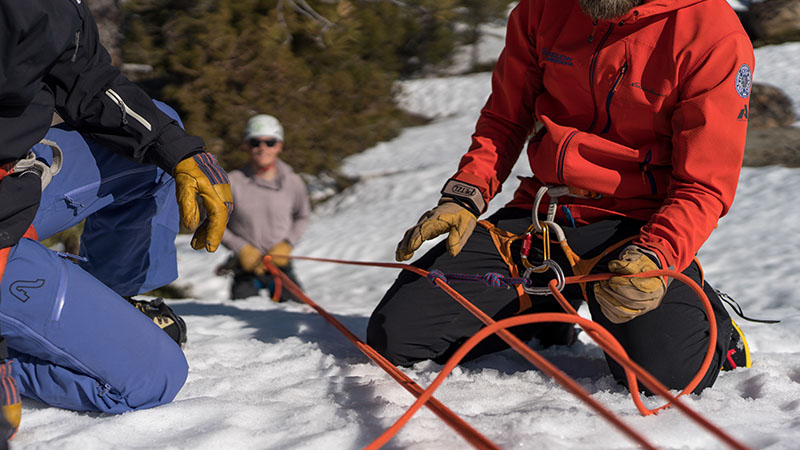
Step 1: Take an Intro Mountaineering Course
Before you head to altitude, you need a foundation. That means learning how to walk in crampons, use an ice axe, travel on a rope team, and move safely through snow and moderate terrain.
We offer intro mountaineering courses in Lake Tahoe all winter and spring. These are short-format, local training days that give you the essential tools to take your next step into the mountains.
➡️ Intro to Mountaineering – Lake Tahoe
⸻
Step 2: Climb in Ecuador or Peru
Once you’ve got the basics down, it’s time to apply those skills on real mountains. Our Ecuador and Peru Climbing Schools are multi-peak expeditions designed to teach you glacier travel, climbing efficiency, and altitude management — all while summiting 18,000–20,000 foot peaks.
These programs are where most of our Everest climbers get their start. They combine skill-building with expedition structure and are the ideal way to learn how to climb Everest.
➡️ Ecuador Climbing School
➡️ Peru Climbing School
⸻
Step 3: Climb a 7,000-Meter Peak
After building confidence at 6,000 meters, your next step is a serious expedition to 7,000 meters. These climbs test everything — fitness, gear systems, weather management, and mental durability.
We recommend Peak Lenin or Aconcagua. Both climbs offer high altitude without the full intensity of the 8,000-meter zone. They’re essential proving grounds for anyone learning how to climb Everest.
➡️ Peak Lenin Rapid Ascent
➡️ Aconcagua Rapid Ascent
⸻
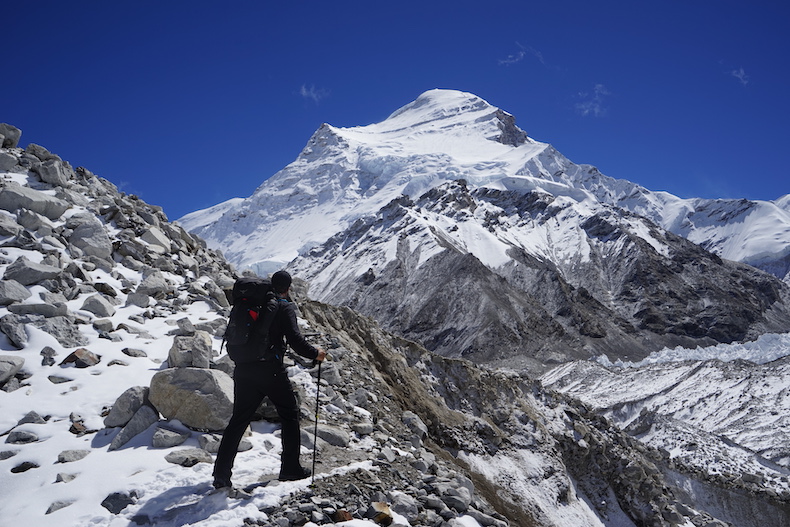
Step 4: Climb an 8,000-Meter Peak — Cho Oyu
You can’t skip this step. Climbing an 8,000-meter peak is the closest you’ll get to Everest without actually being on Everest. It teaches you what it feels like to live and climb in the death zone.
Cho Oyu is the perfect choice. It’s the sixth-highest mountain in the world, with a manageable route that allows you to focus on altitude performance and systems. Our Cho Oyu Rapid Ascent expedition uses pre-acclimatization and a 28-day itinerary to maximize efficiency and safety.
This climb tells you exactly how close you are to being Everest-ready.
⸻
Step 5: Climb Everest
If you’ve completed the steps above, you’re ready.
Our Everest North Side Rapid Ascent expedition climbs from Tibet in just 36 days — using pre-acclimatization, fixed logistics, and our experienced Sherpa team. We avoid the Khumbu Icefall and minimize time in high-risk zones, giving you a safer and more efficient climb to the summit.
This is how we climb Everest. And it works.
➡️ Everest Rapid Ascent – North Side
⸻
Want to Climb Everest?
If you’re ready to start this path — or want to figure out where you are on it — we’re here to help. Email Griffin Mims (griffin@alpenglowexpeditions.com) or schedule a call with him here.
